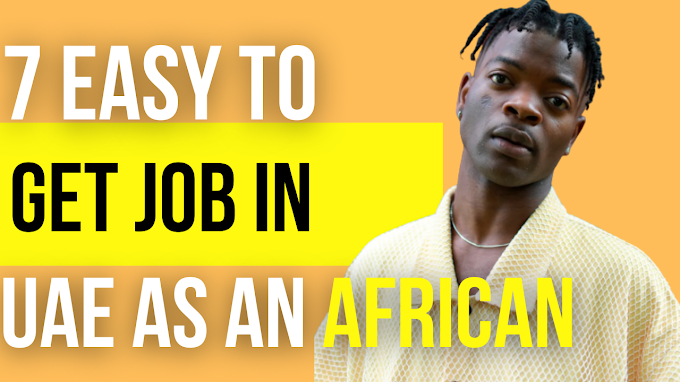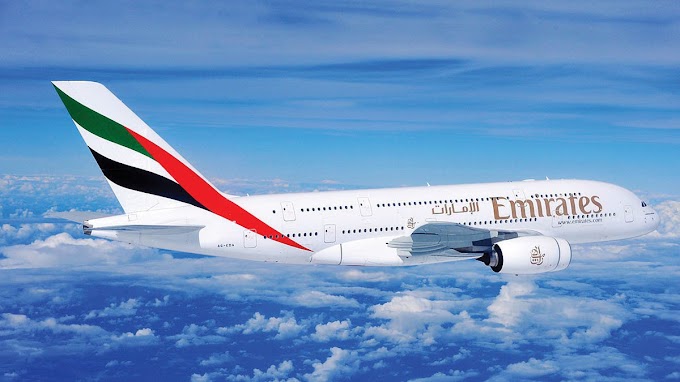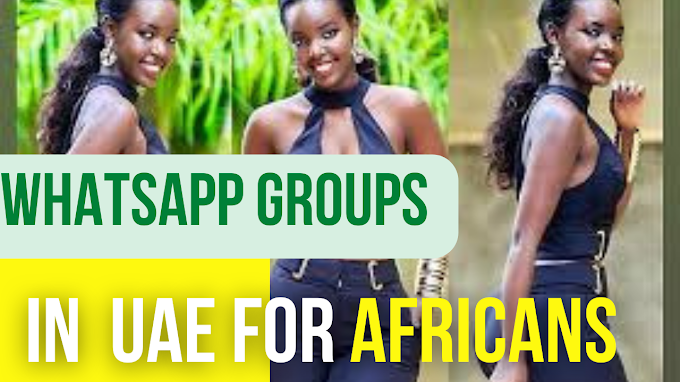Understanding Entry Regulations
Africans planning to move to Dubai must navigate specific visa and immigration requirements. Dubai, as part of the United Arab Emirates (UAE), has established clear guidelines for entry. Here's a breakdown of the key elements:
Types of Visas:
Dubai offers various visa categories, each designed for specific purposes. Common visa types include tourist visas, employment visas, investor visas, and family sponsorship visas. It's crucial to identify the visa category that aligns with your purpose of visit or stay.
1. Tourist Visa:
Purpose: Designed for individuals planning short-term visits, tourism, or leisure activities.
Duration: Typically valid for 30 days, with an option to extend for an additional 30 days.
Application Process: Obtainable through airlines, hotels, travel agencies, or online visa services.
Restrictions: While on a tourist visa, engaging in employment activities is prohibited.
2. Employment Visa:
Purpose: Issued to individuals offered employment in Dubai by a registered company.
Duration: Generally valid for two or three years, depending on the employment contract.
Application Process: Initiated by the employer, who acts as the sponsor, submitting required documents to the relevant authorities.
Requirements: Valid passport, educational certificates, medical fitness certificate, employment contract, and sponsor's approval are necessary.
Renewal: Possible through the employer, subject to meeting renewal criteria.
3. Investor Visa:
Purpose: For individuals investing in Dubai, either through business ownership or real estate.
Duration: Varies, often dependent on the nature and scale of the investment.
Application Process: Applicants must demonstrate a substantial investment in a business or property and meet specific financial criteria.
Requirements: Proof of investment, business plan, and financial statements are typically required.
4. Student Visa:
Purpose: Issued to foreign students accepted into educational institutions in Dubai.
Duration: Aligned with the academic program's duration.
Application Process: Initiated by the educational institution, with students providing necessary documentation.
Requirements: Acceptance letter, proof of financial means, and a valid passport are essential.
5. Family Sponsorship Visa:
Purpose: Allows expatriates working in Dubai to sponsor their immediate family members.
Duration: Linked to the sponsor's visa validity.
Application Process: The sponsor (usually employed in Dubai) applies for family members, providing required documentation.
Eligibility: Typically covers spouses, children, and, in some cases, dependent parents.
6. Transit Visa:
Purpose: Facilitates short stops in Dubai for travelers en route to another destination.
Duration: Usually valid for 96 hours (4 days).
Application Process: Applied for through airlines or travel agencies.
Conditions: Travelers must have an onward ticket and meet certain criteria.
7. Mission Visa:
Purpose: Issued for official visits, conferences, or events.
Duration: Aligned with the purpose of the visit.
Application Process: Sponsored by a registered entity in Dubai, such as a company or government organization.
Requirements: A letter of invitation, details of the mission, and sponsorship documents are necessary.
Understanding the specific requirements and conditions associated with each visa type is crucial for a successful and compliant stay in Dubai.
THE MOST COMMON UAE VISAS FOR AFRICANS WHO WANT TO COME TO UAE/DUBAI
Employment Visas:
For Africans seeking employment in Dubai, securing a job offer is often the first step. Employers are typically responsible for initiating the visa process. The employment visa application involves submitting relevant documents, including a valid passport, educational certificates, and a medical fitness certificate. The employer's sponsorship is vital for obtaining this type of visa.
Tourist Visas:
Tourist visas are suitable for Africans planning short visits to Dubai. These visas can be obtained through airlines, hotels, or travel agencies. They are typically valid for 30 days and can be extended for an additional 30 days. It's important to note the limitations on employment activities while on a tourist visa.
Documentation Requirements:
Regardless of the visa type, certain documents are universally required. These may include a valid passport with a minimum of six months' validity, passport-sized photographs, a completed visa application form, and proof of accommodation in Dubai.
Health Requirements:
A pre-requisite for many visas is a medical fitness examination. This involves a series of health checks to ensure that the applicant is in good health. The medical examination is usually conducted at approved health centers in the home country.
Sponsorship:
Sponsorship is a critical aspect of the visa process in Dubai. Whether through an employer, family member, or friend, having a sponsor is often a prerequisite. Employers act as sponsors for employment visas, while family members or friends may sponsor individuals on other visa types.
Duration and Renewal:
Visa durations vary based on the type. Employment visas are typically valid for two or three years, while tourist visas have shorter durations. Extensions or renewals are possible for certain visa categories, but it's essential to adhere to the renewal process to avoid legal complications.
Immigration Procedures:
Once in Dubai, immigrants are required to complete additional immigration procedures, including Emirates ID registration. This national identification card is mandatory for all residents and serves as an essential document for various transactions in Dubai.
Understanding the visa and immigration requirements for Africans in Dubai is crucial for a smooth transition. Whether seeking employment, exploring business opportunities, or visiting as a tourist, adherence to the established regulations is key to a successful and legally compliant stay in this vibrant city.












